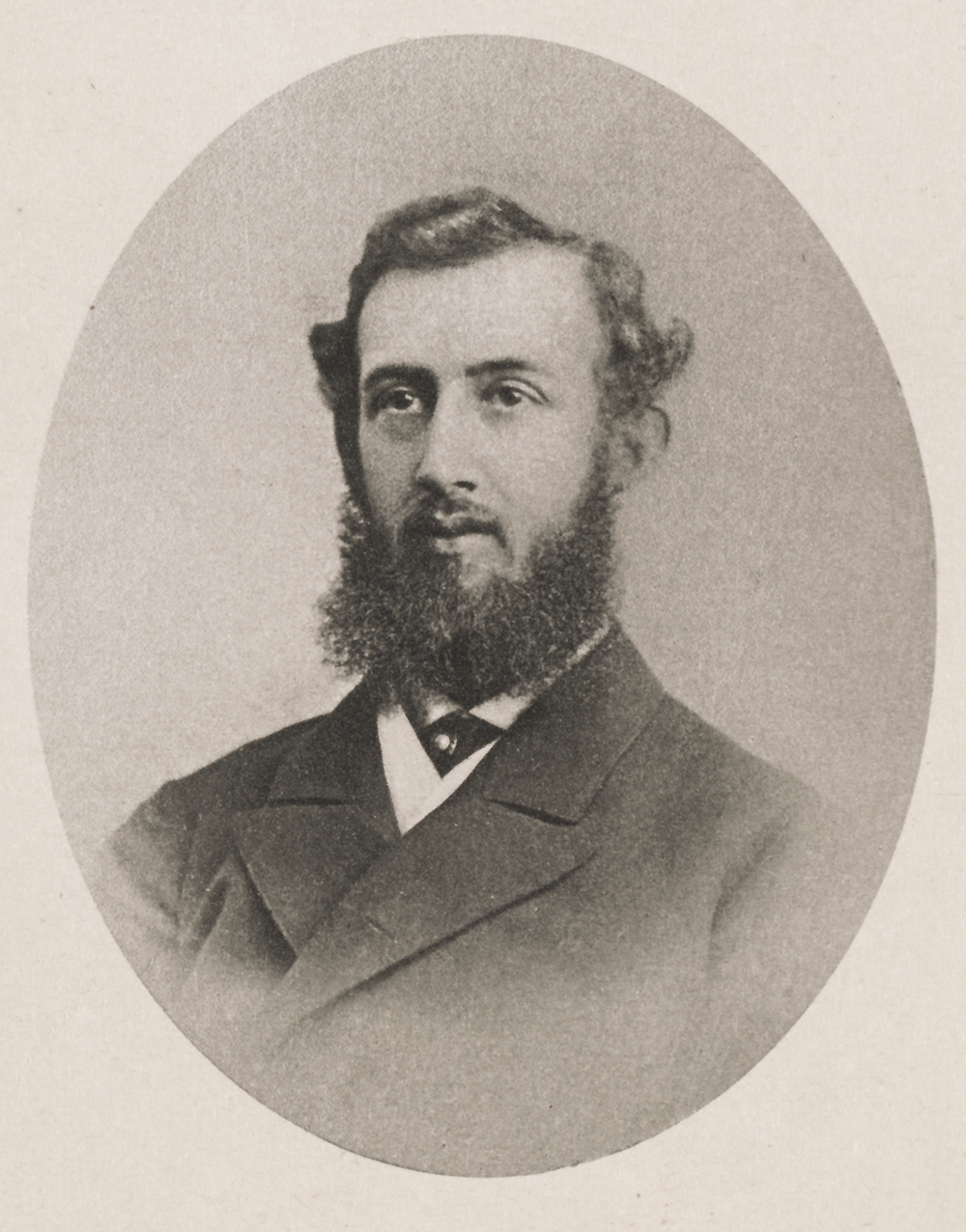On 19 May 1868, an African explorer and unsuccessful novelist, William Winwoode Reade (1838-1875) offered to help Darwin, and started a correspondence and, arguably, a collaboration, that would last until Reade's death.
After a first 1861 tour of West Africa, in which he paid particular attention to arguments then current about the character of gorillas and the existence of cannibalism, Reade had been associated with the Anthropological Society of London, which at the time mostly represented those who disagreed with Darwin's theory and advocated the separate creation of the human races, and opposed the monogenist views of the Ethnological Society.
Nonetheless, Reade contacted Charles Darwin in 1868 to offer his services: his second expedition to Africa was conceived, at least in part, as a scientific venture. Darwin drew on this information in the Descent of Man. In turn, describing himself as a "disciple" of Darwin, Reade claimed inspiration from the Origin of Species ("your book - The Origin- has had considerable influence on my mind. If I read it earlier in life it might have completely changed the course of it" - Winwood Reade to Charles Darwin, 31 January 1871) and sought Darwin's advice on the passages about the origin of language which he intended to publish in the Martyrdom of Man.
Reade's reputation as a writer rests not on his novels, nor on his travel writing, but on that single work, first published in 1872. The Martyrdom be quoted as an essential book by HG Wells, George Orwell, and, even, Sherlock Holmes. People are sometimes surprised to find from his correspondence that Darwin worked so collaboratively, but this is just one of many examples drawn from his international network. The Darwin and Human Nature Project made some of the most significant of Reade's letters available online ahead of their publication in the print edition of the Correspondence. They provide a fascinating glimpse into the construction of Descent and into the warring beginnings of two sciences, ethnology and anthropology, as understood by an avowed Darwinian free-thinker.
For more about William Winwood Reade, see
Felix Driver, Geography Militant, Cultures of Exploration and Empire, (Blackwell, 2001)
Felix Driver, 'Reade, William Winwood (1838-1875)', in Oxford Dictionary of National Biography, (Oxford University Press, 2004); online edn, May 2009.
ODNB article: https://doi.org/10.1093/ref:odnb/23229



